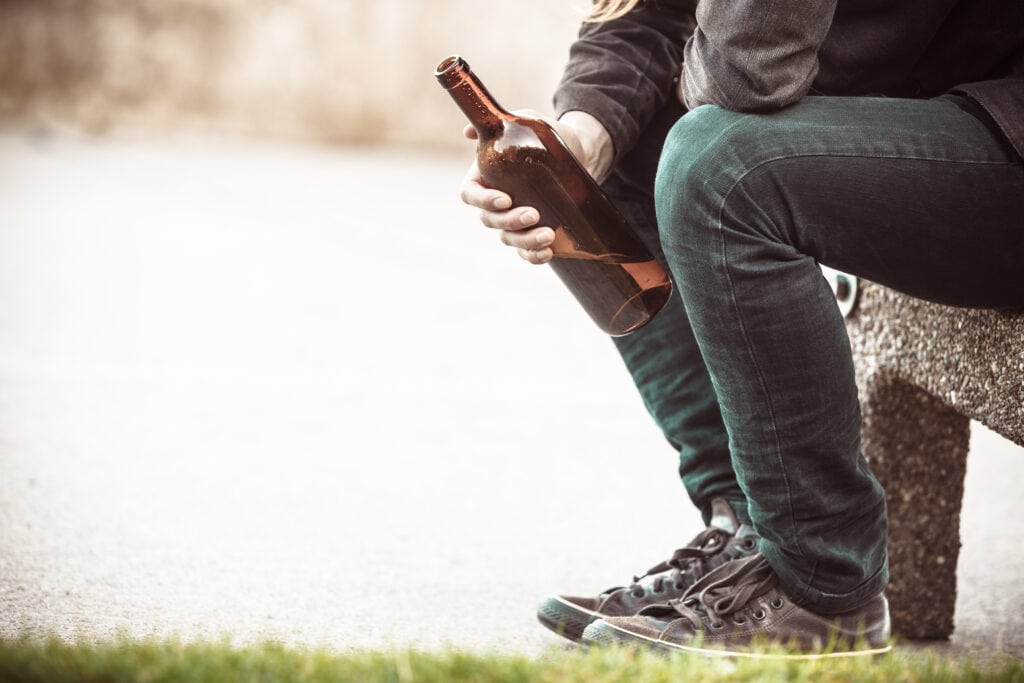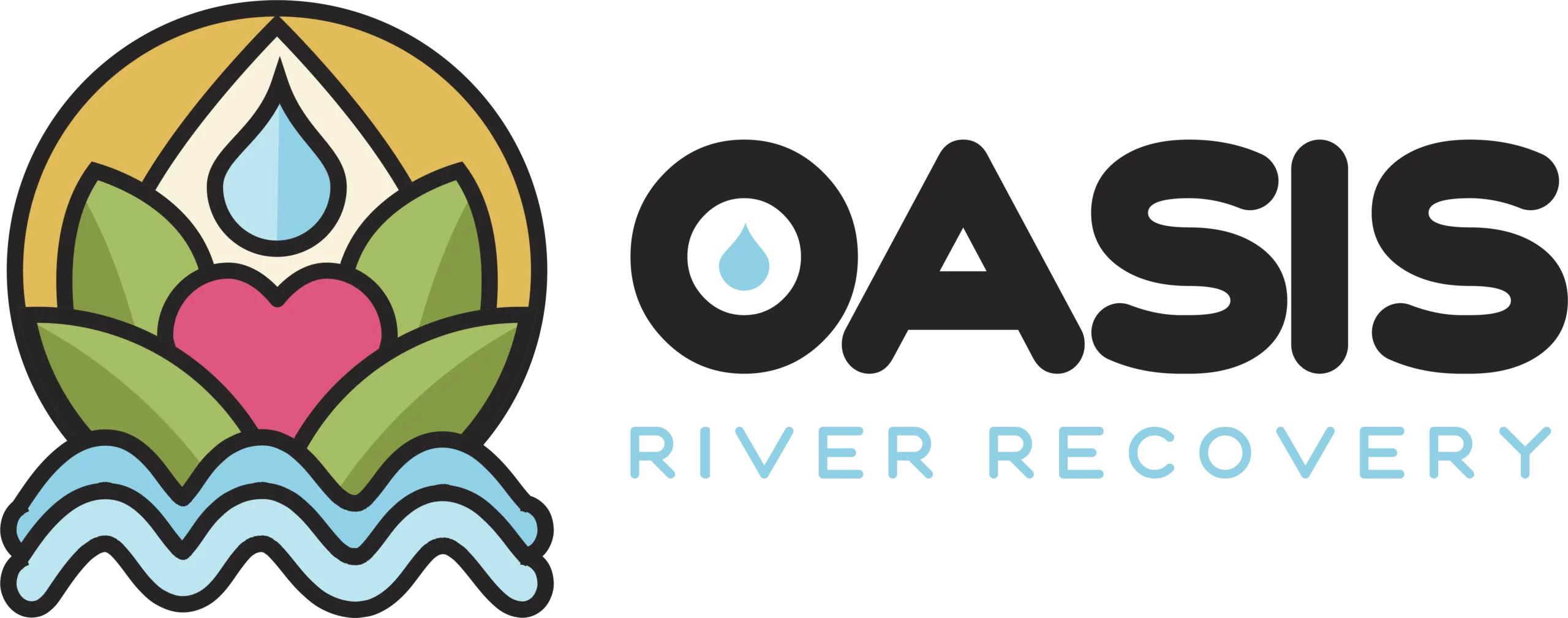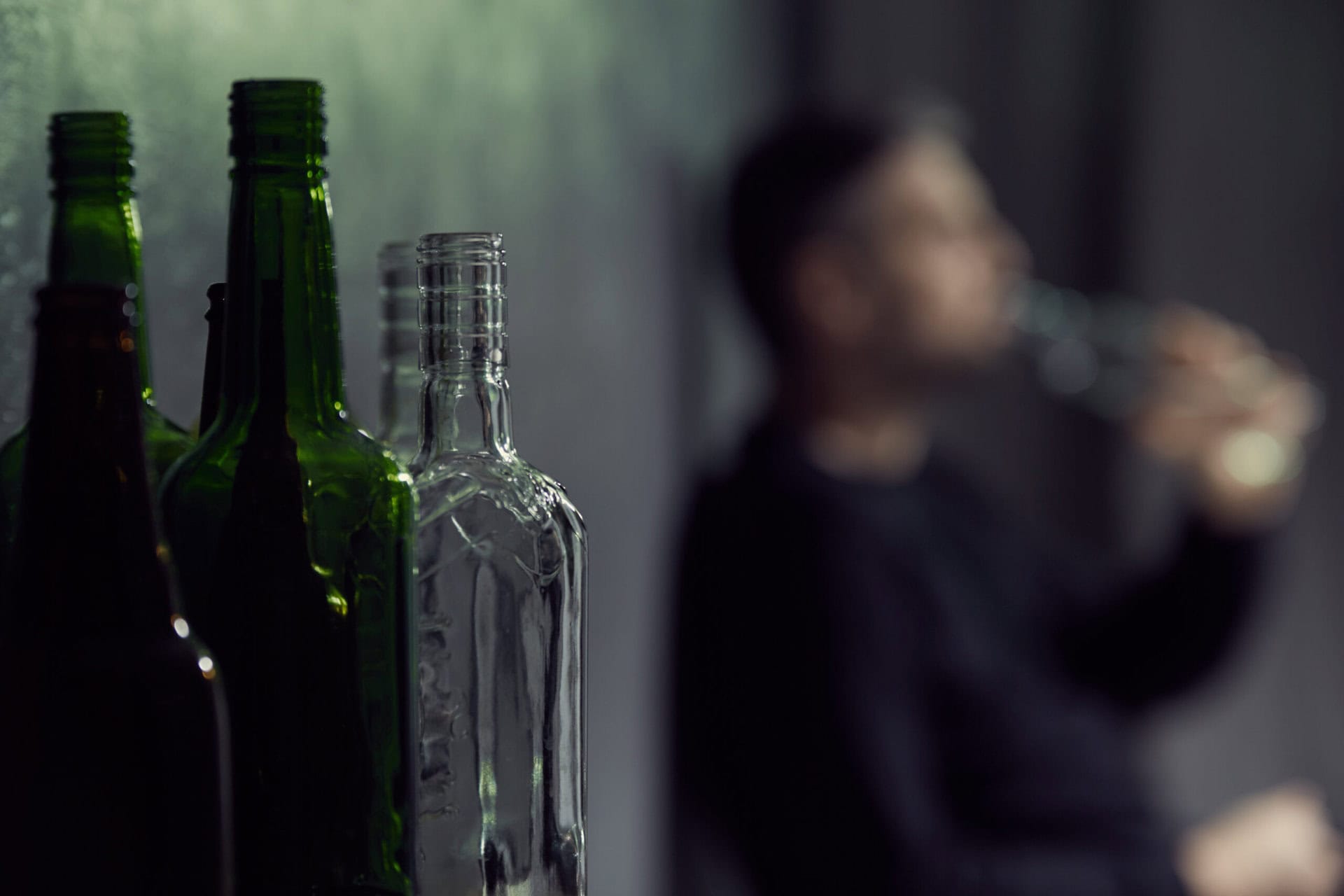What Are the 3 Stages of Alcohol Addiction?
Are you researching the stages of alcohol addiction because you have concerns about yourself or a loved one? While each person’s experience with substance use is unique, addiction habits often follow predictable patterns. Alcohol dependence can create a variety of physical and mental symptoms that can bring a person to some very dark places. However, the signs aren’t always obvious at first. What are the 3 stages of alcohol addiction? Take a look at how this disease often progresses.
When Is Someone Considered Addicted to Alcohol?
With alcohol being considered a mainstream recreational substance in society, the lines between healthy alcohol use and addiction can sometimes seem blurred. Generally, alcohol use pivots into addiction when a person no longer has control over their relationship with the substance. They will continue to use alcohol even though it has become harmful to them.
Another telltale sign of alcohol addiction is that a person chronically relapses as part of their alcohol consumption. That means that they are unable to stop when they want to stop. What happens when a person stops consuming alcohol can also help to determine if a person is caught in a cycle of addiction. When a person experiences a negative emotional state when alcohol is no longer available, this can be considered a clear sign of alcohol use disorder (AUD).
Symptoms of An Alcohol Use Disorder
The symptoms of alcohol use disorder are very tightly tied to the cycles of alcohol addiction. It’s true that some people may experience varying degrees of severity of symptoms based on everything from their baseline health to the support systems that are present in their lives. However, your health is at risk any time you’re abusing alcohol. Here are the recognized signs of alcohol use disorder:
- Being unable to limit the amount of alcohol you consume
- Experiencing strong cravings for alcohol
- Failing at attempts to reduce the amount you’re drinking
- Spending a substantial amount of time drinking or sourcing alcohol
- Spending a lot of time recovering physically and emotionally from alcohol use in the form of exhaustion or hangovers
- Spending a large portion of your time thinking about drinking alcohol
- Failing to fulfill important obligations tied to your home life, career, or schooling due to your alcohol use
- Continuing to seek out alcohol even though it is causing physical or health-related problems
- Continuing to drink even though your relationship with alcohol is causing strong negative consequences in your personal relationships or professional life
- Avoiding people, activities, hobbies, or other things you enjoy in order to spend time drinking alcohol
- Consuming alcohol in risky situations that can include driving, boating, swimming, hiking, or operating machinery
- Developing a strong tolerance to alcohol that requires you to drink more in order to get the same initial effect
- Experiencing physical withdrawal when you stop or reduce alcohol consumption
- Drinking in order to relieve withdrawal symptoms
Alcohol Intoxication
Some people who drink heavily regularly experience alcohol intoxication. When a person is experiencing alcohol intoxication, the amount of alcohol in the bloodstream has increased to cause a higher blood-alcohol concentration. This can produce a variety of mental and behavioral changes that can put a person at risk for both being harmed and causing harm to others.
Signs of alcohol intoxication include:
- Slurred speech
- Mood instability
- Poor judgement
- Aggression
- Inappropriate behavior.
In some cases, a person experiencing alcohol intoxication can even drink until they experience a blackout. Extremely elevated blood-alcohol levels pose risks for coma, permanent brain damage, and death. Sadly, alcohol-related deaths have jumped 29% in the past five years.


Withdrawal Symptoms
A person who is physically dependent on alcohol is very likely to experience alcohol withdrawal symptoms when they attempt to either reduce or cease alcohol consumption. Withdrawal symptoms typically show up within eight hours of taking a last drink. While symptoms often peak at 24 to 72 hours following onset, some people can experience them for weeks. Signs that a person is experiencing alcohol withdrawal include:
- Anxiety
- Depression
- Fatigue
- Irritability
- Jumpiness
- Shaking
- Mood swings
- Nightmares
- Cognitive fog/unclear thinking
- Sweating
- Clammy skin
- Dilated pupils
- Headache
- Insomnia or sleep disturbances
- Loss of appetite
- Nausea and vomiting
- Pale skin
- Rapid heart rate
If a person enters an advanced state of alcohol withdrawal called delirium tremens, there is elevated risk of seizure and death. Signs of delirium tremens include extreme agitation, irritability, confusion, fever, hallucinations, bodily tremors, and seizures. This is a condition that requires immediate emergency care.
What Are the 3 Stages of Alcohol Addiction?
Medical professionals and care providers have divided the cycle of alcohol addiction into three stages to assist with diagnosis and treatment. It’s important to note that all three stages are tightly connected. As a person progresses through the cycles of addiction, the brain’s basal ganglia, extended amygdala, and prefrontal cortex are triggered as part of the body’s reward system. Here’s a breakdown of what the three stages look like for the average person struggling with alcohol use disorder.
- Binge Stage: Positive Experiences With Intoxication
For people who are dependent on alcohol, this is the feel-good stage where the reward happens. It’s common for a person to have nothing else on their mind as they enjoy the euphoric feelings and reduced anxiety that can come from alcohol consumption. With repeated drinking, the basal ganglia activates the brain’s reward system in a way that encourages a person to form a compulsive habit.
- Withdrawal Stage: Negative Experiences With Intoxication
In this second state of the cycle of alcohol addiction, a person begins to experience some of the negative consequences tied to excessive alcohol consumption. This generally means the onset of physical withdrawal symptoms when a person goes a length of time without consuming alcohol. In this stage, it’s common for a person to experience physical pain, discomfort, dysphoria, anxiety, or irritability.
Once a person’s basal ganglia has been activated by excessive drinking, it can be difficult to experience pleasure in everyday life because all sensations pale in comparison to the euphoria brought on by excessive alcohol consumption. It’s also believed that withdrawal’s activation of the brain’s stress system can leave a person in an elevated state of irritability and unease.
The biggest characteristic of the second stage of the cycle of alcohol addiction is that the person is no longer drinking alcohol for its pleasurable effects. While they initially sought out the “high” that came from drinking, they are now simply attempting to stave off the low that comes from not drinking.
- Preoccupation Stage
In the third stage of alcohol addiction, a person experiences cravings that are matched with impulsivity and changes in executive function. People around them might notice them being so obsessed with alcohol that they’ve allowed everything else to fall to the wayside. For a person living in this state, the mind is continuously preoccupied with how they will get their next opportunity to obtain and consume alcohol. As they navigate through the day, they prioritize all tasks and thoughts toward keeping up their habit. Alcohol is now the priority of life.


Getting Help for Alcohol Use Disorder
What are the stages of alcohol addiction in relation to treatment? The answer is that there’s no need to go through all three stages before seeking treatment. Anyone who recognizes that their relationship with alcohol is becoming problematic or unhealthy can seek out treatment to prevent the situation from getting more extreme. Help is beneficial for people who are still in the first or second stage of alcohol addiction. However, most people who do seek out addiction treatment for alcohol are already deeply entrenched in the third stage.
Treatment for alcohol addiction can be tailored based on a person’s physical and mental state. For people who are physically dependent on alcohol, a supervised medical detox can be the safest and smartest way to manage the withdrawal process. After addressing the medical component of detoxing, a client can then explore treatment using inpatient care, cognitive behavioral therapy in individual or group settings, holistic therapies, transitional care, and outpatient services tailored to their specific health conditions.



